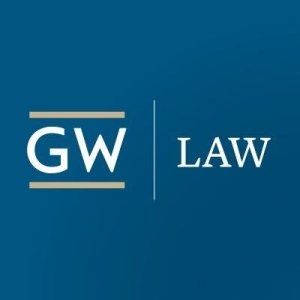
A graduate of Lewis & Clark Law School, Zach Pilchen is an experienced environmental lawyer. He served in the past as a legal writing teaching assistant at the Lewis & Clark Law School, as a legal intern at the U.S. Department of Justice, and as an attorney-advisor at the U.S. Environmental Protection Agency (EPA). Zach Pilchen is highly experienced with the Clean Air Act.
The Clean Air Act is a federal environmental law that aims to reduce and control all air emissions that have the potential to harm the environment or public health. The law was created in order to protect people and the environment from pollutants emitted by both mobile and stationary sources. A key part of the act are the National Ambient Air Quality Standards, or NAAQS, which the United States Environmental Protection Agency regularly reviews and revises.
The act has managed so far to prevent 370,000 premature deaths, and millions of cases of respiratory problems. Other health conditions that the act has prevented are heart attacks. In addition to that, it also prevented millions of lost workdays and school days.

